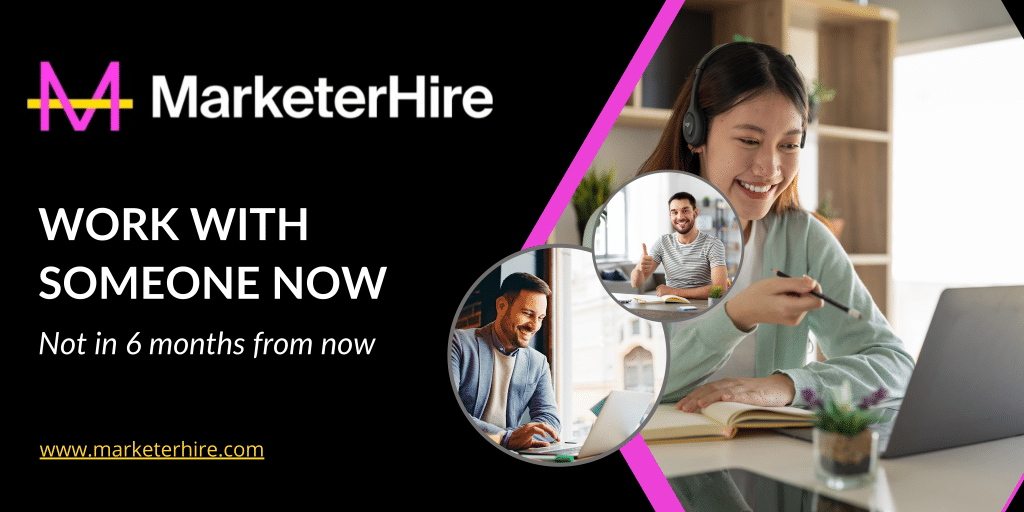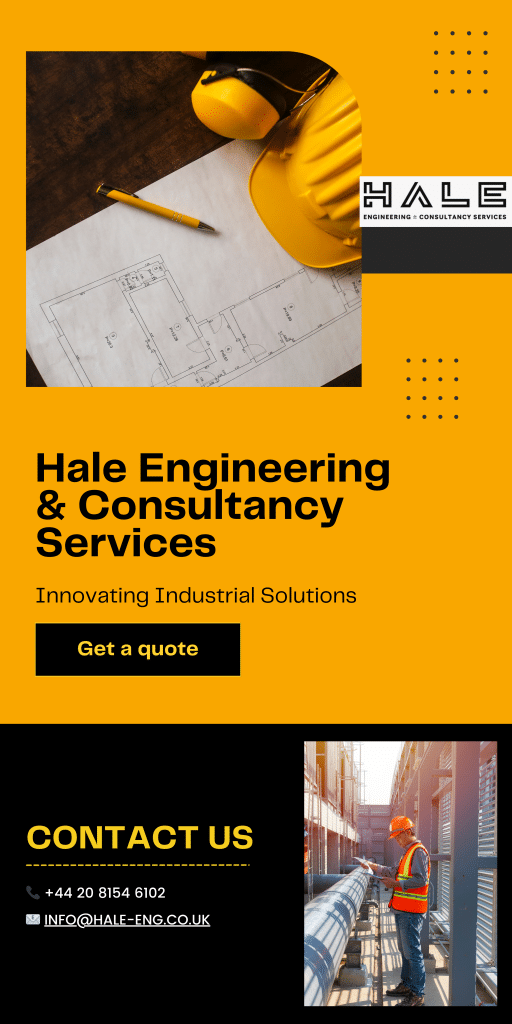People invest time into networking for a multitude of reasons. Be it for Business Development, raising investment, for recruiting purposes or just to get to know peers in their industry.
Tips to Follow to Become a Pro Corporate Networking Agent:
Attire
- Have a smart suit/outfit put to one side always ready to go for networking events. Think of going to a networking event like going to a job interview. You never know who you are going to meet and first impressions always count.
Agenda
- For any event, you are going to have a specific agenda. Maybe there is someone who is talking on a panel you would like to talk to. Or you want to do some market research on a new product. Alternatively, you want to make yourself known by larger competitors. Whatever it is, know the exact agenda before you go. Why is attending going to give you ROI on your time? If you can’t answer that, then don’t go.
Arrive Early
- Arrive early to talk to the organisers. Ask them how many people they are expecting and, if possible, ask to see the delegate list. (Still possible even with data privacy rules) Give them your agenda for being there in terms of people you are trying to meet. You will be surprised how often they will find a way to introduce you to someone meeting that brief. A good organiser will always look to put people together.
Timing Rules
- If you are attending solo, then remember basic timing rules. You should know within a minute whether someone is going to be useful to follow up with. Therefore if you can, initiate open questions (who, what where, how, why.) Once you have clarified on whether they are relevant, either give a very abridged version of what you do (if not relevant) or longer (if you want to follow up with them)
Circulate
- If you are attending with colleagues, avoid the temptation to stick to them. Instead, do your best to circulate, but loop back periodically if you see they are talking to someone who could be interesting. Likewise, if you see your colleague is stranded whilst you are chatting to someone, usher them into the conversation, and if necessary, disengage yourself to ensure maximum coverage of the room.
Elevator Pitch
- Perfect your hook. A one-sentence outline for what you do. Depending on your personality profile, don’t worry about inserting humour as long as it’s Professional. Humor is not always possible, but if you can it’s a good way to break the ice and make people want to engage with you.
Use LinkedIn
- LinkedIn is the new business card, so don\t be afraid to ask them real-time if they are on LinkedIn and connect with them. More often than not, you will have people in common who will act as a talking point.
Use Time Wisely
- If you find yourself talking to someone for longer than you would like, be polite and explain why you are ending the conversation. It can be direct – I just saw someone I need to catch up with, or more subtle – I’m just going to get some more water. Whatever works.
Introduce Yourself
- If you are attending an event that requires you to sit as part of an audience, always introduce yourself to people sitting around you. Don’t go and sit in a corner by yourself. So many times, a quick introduction to a few people next to you whilst sitting in an audience quickly translates into a chance to follow up after.
Q&A Time
- If you are attending an event where there is then an opportunity for Q&A, make sure to ask a killer question. Demonstrate your intellect by asking a challenging question for the host and relevant to everyone, where it is genuine (not one you know the answer to yourself.) Done well, people will thank you for asking the question and will make a point to talk to you after.
Control Your Liquor Intake
- If alcohol is being provided and you are drinking, then have a glass of water periodically and stay hydrated. Nothing worse than getting tipsy with work people you don’t necessarily know well.
Follow UP
- If you do end up having productive conversations, then follow up within 48 hours. Keep track of who you met at which event, so you can measure the ROI of the different events you attend. Especially as some networking events demand member dues, this is a good way of measuring which are worth paying for.
Question for discussion:
Do people think there is actually a quantifiable formula for measuring the ROI on an event post attendance? E.g. cost of time vs value of contact generated?
So if I earn £100K per annum, I work a 50 hour week, with 2 weeks vacation, my per hour earnings are
A = days worked in a year after weekends & vacations 250
B = hours worked a day on average 10
C = Annual earnings before tax (100,000)
D = Working hours taken up at an event (5)
E = ticket cost
(D x ( C / A x B) ) + ticket cost
An event is typically 4-5 working hours in full (including travel time), meaning just to break even on my time spent it needs to generate at least £200 on that basis. This needs to be added on top of what the charge to the event is. So if an event was say £200, this means to attend, it needs to generate £400 just to break even.
How do other people see this? Is it realistic trying to create a formula for ROI for events? Should we be measuring the inputs instead perhaps?
Tell us what you think and leave a comment!




